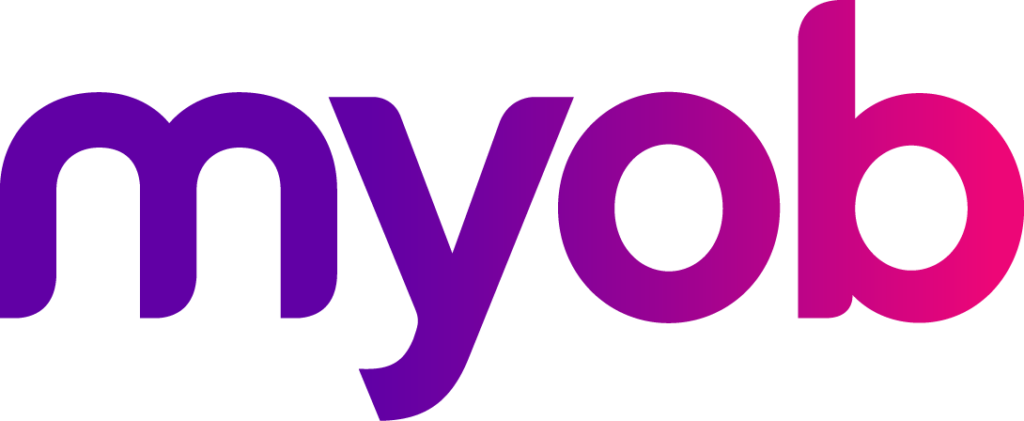Understanding HECS-HELP Debt
HECS-HELP debt is designed to provide financial assistance to students. It allows students to defer payment of their tuition fees and repay the debt later based on their income. It is crucial for students to understand the terms and conditions of this debt and how it can impact their financial situation.
The compulsory HECS repayment income threshold for the 2023-24 year is $51,550, below this income there is no repayment, increasing to 10% of adjusted taxable income when it exceeds $151,201.
Benefits of Paying Off HECS Debt Early
Whilst HECS debt doesn’t accrue interest monthly, unlike a credit card or personal loan, the balance does increase annually with indexation.
So, with a current indexation rate likely to be 4-5%, some clients have been thinking of repaying their student loan early. To put this into perspective, an indexation rate of 5% means that a $50,000 HECS Debt balance would increase by $2,500. If the individual’s income is $60,000 then their compulsory repayment would be $1,200 (2%). Increasing their overall HECS debt by $1,300 and therefore they may explore voluntary repayments before 1st June to avoid indexation.
Paying off your HECS debts early also benefits you as below:
- Reducing Interest: Paying off your HECS debt early can help you save on interest charges. By making voluntary repayments, you can minimise the amount of interest accumulating over time, saving you money in the long run.
- Financial Freedom: Clearing your HECS debt early can provide a sense of financial freedom. It eliminates the obligation of making ongoing repayments, allowing you to allocate those funds towards other financial goals, such as saving for a house or starting an investment.
- Improved Credit Rating: Paying off your HECS debt early demonstrates responsible financial behavior, which can positively impact your credit rating. A good credit rating can be beneficial when applying for loans or other forms of credit.
Considerations Before Paying Off HECS Debt Early
Other Debts: Before focusing on early repayment of HECS debt, it’s essential to evaluate your overall financial situation. If you have other high-interest debts, such as credit card debt or personal loans, it may be more advantageous to prioritise those debts first.
Opportunity Cost: Consider the opportunity cost of paying off your HECS debt early. If you have other investment opportunities that could potentially yield higher returns than the interest rate on your HECS debt, it might be wiser to allocate your funds there instead.
Conclusion
Deciding whether to pay off your HECS debt early is a personal financial choice that requires consideration. While there are benefits to early repayment, it’s important to weigh those advantages against other financial priorities and obligations. If you want to discuss your situation prior to the 1st June (allowing enough time to consider your circumstances and make the payment well before the 1st June) then reach out to one of the Accura Team at your earliest to help you make an informed decision.


